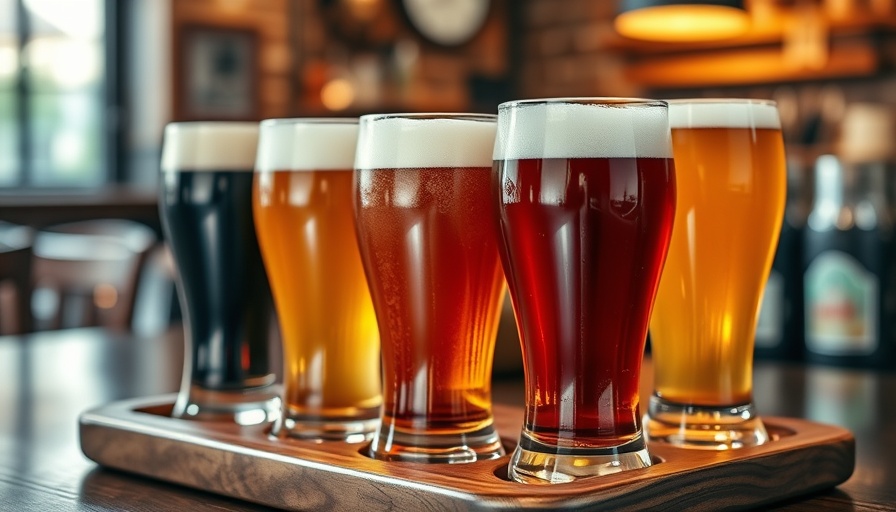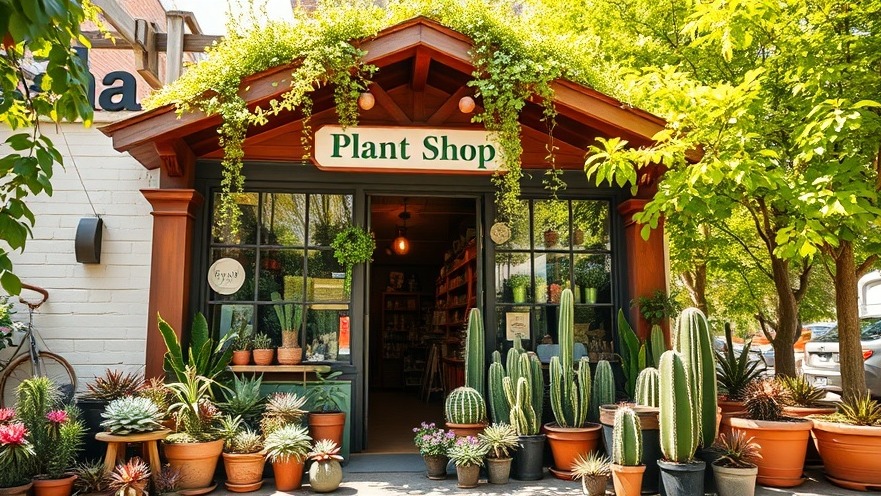
Understanding PFAS: The Hidden Dangers in Beer
Per- and polyfluoroalkyl substances (PFAS), often referred to as "forever chemicals" due to their resilience against natural degradation, have been turning up in unexpected places. Among these is one of the world's most cherished beverages – beer. Recent findings reveal that an alarming 95% of beers tested in the United States contain detectable levels of PFAS, with those brewed in regions of known contamination showing the highest concentrations.
Beer and Brewing: An Unexpected Link to Environmental Contaminants
The irony of PFAS in beer is striking. For centuries, beer has been viewed as a safer alternative to drinking water, thanks in part to the brewing process, which traditionally eliminates harmful pathogens. However, as Jennifer Hoponick Redmon, the lead author of a recent study from RTI International, pointed out, basic water filtration processes in breweries do not adequately remove these persistent chemicals. The study highlights that breweries need to adopt more rigorous water treatment strategies to ensure their products are safe for consumers.
Health Risks: Why We Should Care About PFAS
PFAS have been linked to multiple serious health issues, including reproductive problems, immune system changes, and an increased risk of certain cancers. The prevalence of these chemicals in drinking water, and now beer, poses a significant health concern for consumers. It serves as a stark reminder to stay vigilant about the quality of our water sources and the potential contaminants that can make their way into our food supply.
Brewing Locations: What the Study Revealed
The research tested 23 different beers and found a strong correlation between the levels of PFAS in the municipal drinking water of brewing locations and the beer itself. Notably, beers brewed near the Cape Fear River Basin in North Carolina demonstrated the most significant contamination. This underscores a critical point: the connection between industrial water pollution and everyday products we consume. As boutique hospitality professionals, understanding these connections can influence your choices in sourcing local products responsibly.
Steps Forward: How the Brewing Industry Can Adapt
This new research presents both a concern and an opportunity. By using this data, breweries can take proactive measures to implement more extensive water purification methods, thereby protecting public health and their reputations. As part of the broader hospitality industry, boutique hotel owners and eco-lodge operators can advocate for changes in local brewing standards and support environmentally responsible practices, ensuring their guests enjoy safe and sustainable products.
Looking Ahead: What Can We Do as Consumers?
Being informed about the presence of PFAS in beer means mindful beverage choices. Such awareness can extend to supporting local breweries that actively combat water contamination and commit to clean sourcing. Additionally, promoting sustainable practices, including methods like chaos gardening and supporting local nature reserves, can help foster a community more attuned to environmental health.
Conclusion: A Call to Action for Healthier Choices
The presence of PFAS in beer highlights a critical need for ongoing dialogue between consumers, brewers, and policymakers. As boutique hospitality professionals, you have the power to influence sustainable practices within your communities. By advocating for cleaner water management and supporting breweries committed to health and safety, you not only enhance your guests' experiences but also contribute to broader efforts toward environmental sustainability. Let’s raise awareness about these issues, ultimately fostering environments where everyone can enjoy their favorite beverages without concern for hidden dangers.
 Add Row
Add Row  Add
Add 




Write A Comment